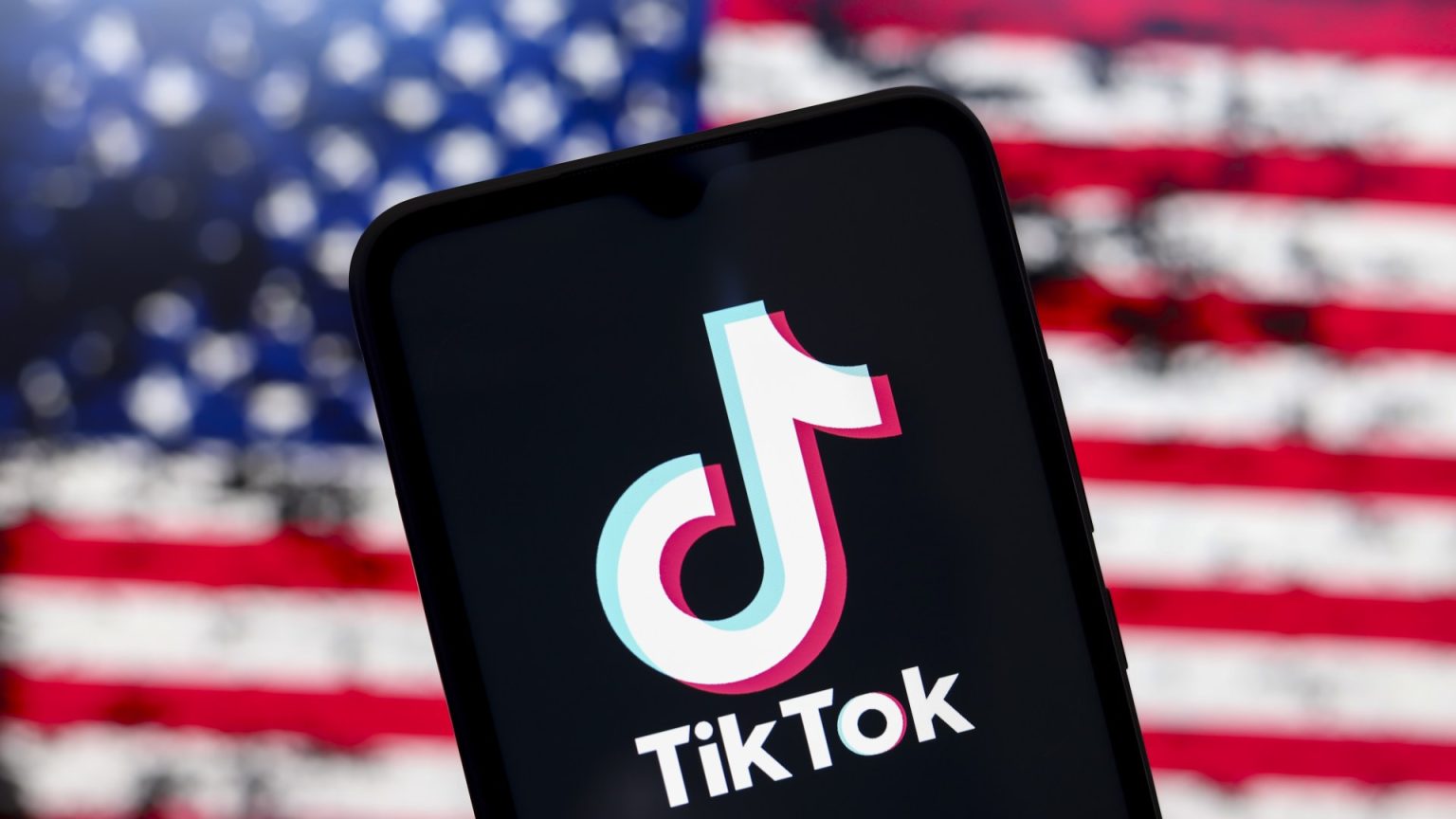The looming deadline for TikTok’s potential ban in the United States has sparked a flurry of activity and speculation. The federal government’s concerns over national security, stemming from the app’s Chinese ownership, have led to a mandate: either TikTok’s parent company, ByteDance, sells the platform to a government-approved buyer or faces a complete ban within the country. This ultimatum has triggered a dramatic standoff, with the January 19th deadline fast approaching and no concrete sale agreement in sight. The situation is fraught with tension, as TikTok, a globally popular platform boasting an estimated 1.6 billion active users monthly, including approximately 170 million in the US alone, appears poised to potentially withdraw from the American market entirely rather than succumb to a forced sale or other imposed arrangements.
The core issue lies in the alleged connection between ByteDance and the Chinese government, a link that has raised fears about potential access to user data and its potential misuse. The US Justice Department has explicitly voiced these concerns, labeling TikTok a “national-security threat of immense depth and scale” due to its parent company’s Chinese origins. While ByteDance has consistently denied any such government influence, the US government remains unconvinced, pushing forward with its demands for a sale or a complete ban. This impasse has created significant uncertainty, not only for TikTok and its users but also for the broader social media landscape.
As the deadline draws near, the possibility of TikTok’s complete withdrawal from the US market becomes increasingly real. Such a drastic move would have far-reaching consequences, impacting millions of American users who rely on the platform for entertainment, communication, and even business. The potential void left by TikTok’s departure has already spurred some users to seek alternatives, with a noticeable migration towards RedNote, another Chinese-owned app. This shift highlights the ongoing complexities and concerns surrounding data security and national security in the digital age.
The scramble for a solution has involved various players, including rumors of Elon Musk’s potential involvement in acquiring the platform. While reports suggested that Musk was in talks with Chinese officials regarding a possible purchase, TikTok swiftly dismissed these claims as “pure fiction.” The lack of a confirmed buyer and the rapidly approaching deadline have intensified the pressure on all parties involved. The uncertainty surrounding TikTok’s future in the US has created a volatile situation, with the potential for significant disruption to the social media landscape.
The “will they, won’t they” saga of TikTok’s potential ban has been a long-running drama, fueled by geopolitical tensions and concerns over data security. The US government’s firm stance against the platform reflects a growing unease regarding the influence of foreign-owned tech companies, particularly those with perceived ties to potentially adversarial governments. This apprehension extends beyond TikTok, highlighting the broader challenges faced by governments worldwide in balancing national security interests with the global nature of the internet and the free flow of information.
The impending decision on TikTok’s fate in the US carries significant weight, serving as a potential precedent for future actions involving foreign-owned tech companies. The outcome will likely shape the regulatory landscape for social media platforms and influence how governments address national security concerns in the digital realm. As the deadline looms, the world watches closely, anticipating the final act in this high-stakes drama, with far-reaching implications for the future of social media and the ongoing debate over data security and national sovereignty in the digital age.




